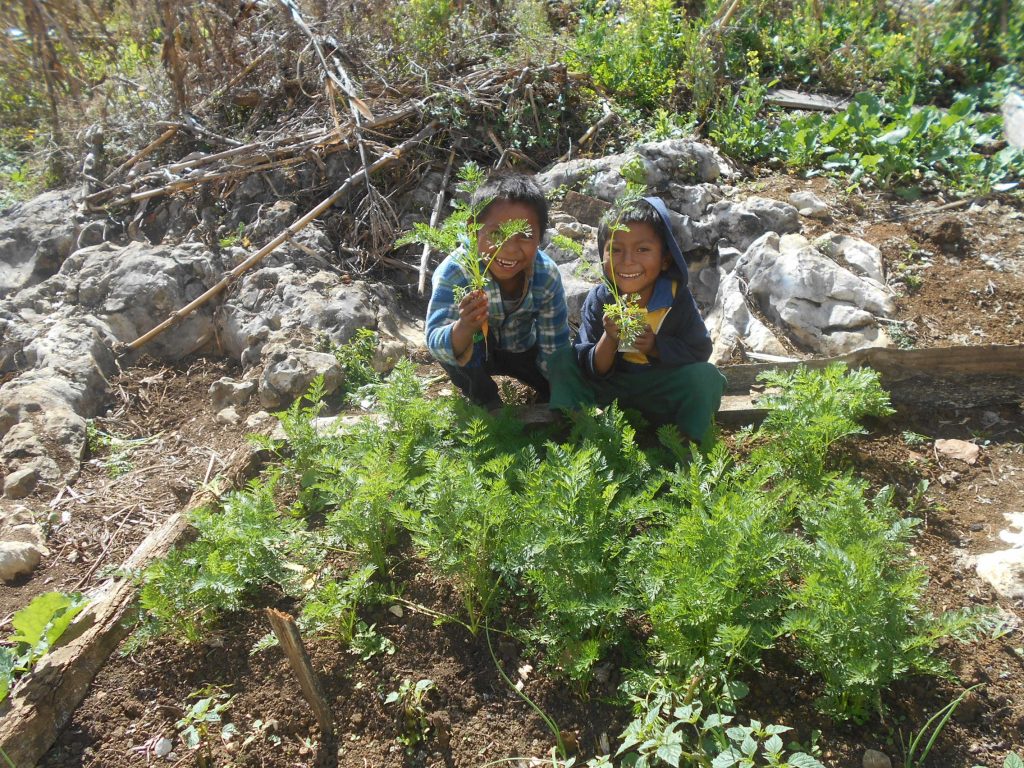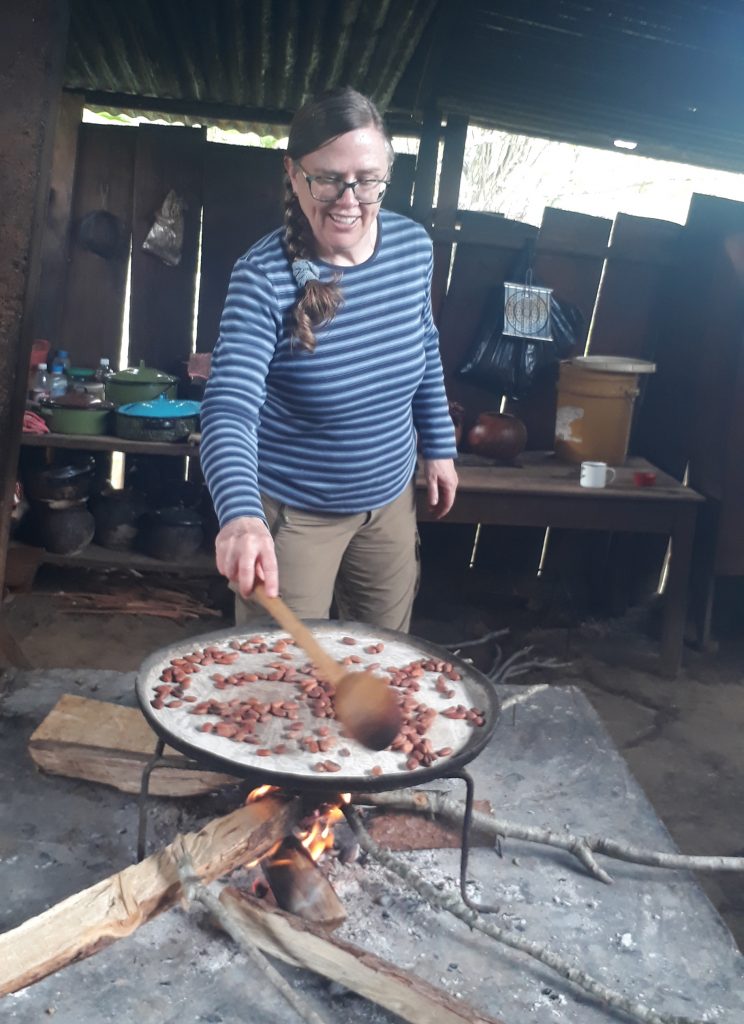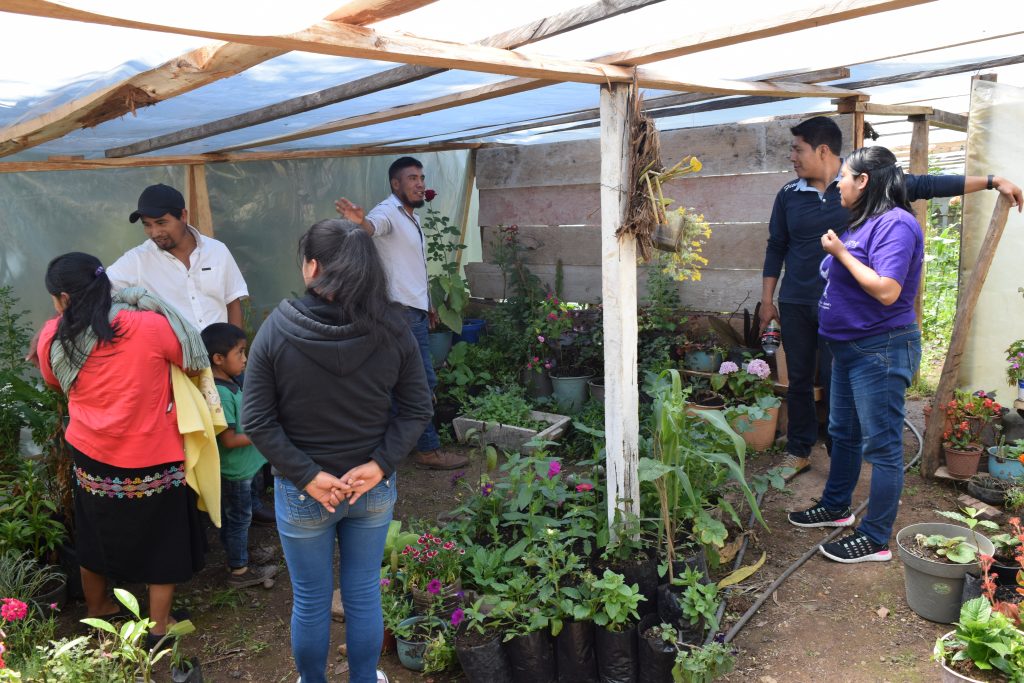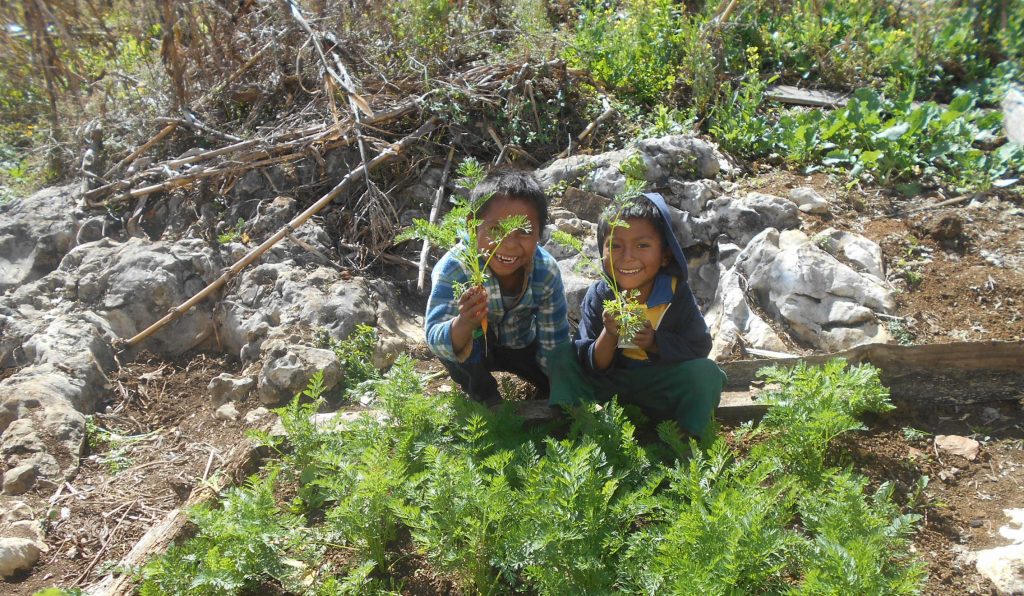Pray with Mexico, May 23, 2021
Lectionary Selection: Psalm 104:24-34,35b
Prayers for Mexico

Dear Creator God:
We thank you for our capacity to stand in awe before the wonders of your creation. Today we celebrate the natural beauty of the country of Mexico. We are left speechless as we contemplate blue oceans to which whales migrate from around the world; sugar-white beaches where sea turtles return year after year to lay their eggs; majestic forests where monarch butterflies blanket trees in a flurry of color; eastern and western Sierra Madre mountain ranges dotted with snow-capped volcanoes; vibrant deserts, turquoise rivers, verdant jungles. We cannot finish naming all of your wonders spread across this country!

You have created all of the earth by your Spirit, and even in the midst of our destruction of this precious gift, you are breathing miracles of renewal and new life. We pray for our partners at the Institute for Intercultural Studies and Research as they invite us to commit to healing our relationship with you through caring for the earth and all its creatures. We recognize, along with the Mayan people of southern Mexico, that our awe of your handiwork heals our souls, for this sensation is the reminder that your great power is still at work in your continuing acts of creation.
For as long as we live, we will sing and praise you, Lord God. Amen
Mission Stewardship Moment from Mexico:

The ancient Mayan peoples of southern Mexico and Guatemala had a rich and diverse diet. They ate: amaranth, chilies, tomatoes, chocolate and cacao, avocados, vanilla, deer, iguana, wild turkey, wild rabbit, fish, cilantro, pineapple, papaya, sweet potato, yuca or mandioca, caterpillars, and two of my favorites, fried ants and grasshoppers. Corn, beans, and squash were planted by many Original American cultures. These “three sisters” also complement each other nutritionally. Corn provides carbohydrates. The dried beans are rich in protein which balances the lack of necessary amino acids found in corn. Finally, squash yields both vitamins from the fruit and healthy, delicious oil from the seeds. After centuries of working far from their small plots of land and depending exclusively on corn and beans that don’t need too much care and can be stored, most rural people in Chiapas do not eat a well-balanced diet. Certain nutritious foods preferred by the Mayans were disdained by the Spanish. Many Mexicans consider amaranth, which is like chía and quinoa, to be fit only for pigs. The Spaniards wanted the people to plant and eat wheat, and to do so, they had to get them to stop growing and eating amaranth. The food sovereignty program at the Institute for Intercultural Studies and Research teaches rural families how to once again grow and eat their traditional foods. During the pandemic, the Institute has continued to provide seeds, barnyard animals, and fruit tree seedlings and expertise. In that sense, communities can grow their own food and depend less on the food distribution system that has been disrupted.
Prayer and Mission Moment by Elena Huegel
Mission Partners in Mexico:
- Confraternity of Evangelical Christian Churches (Disciples of Christ) (CICE)
- Congregational Christian Churches of Mexico
- Disciples of Christ Church in Mexico (IDCM)
- Institute for Intercultural Study and Research (INESIN)
- Las Memorias Hostel
- Melel Xojobal
- Mexican Roundtable
- International Service for Peace (SIPAZ)
- Southwest Good Samaritan Ministries
- Theological Community of Mexico (TCM)
Global Ministries Mission Co-worker in Mexico
Elena Huegel serves with the Intercultural Research and Studies Institute (INESIN) in Mexico. Her appointment is made possible by your gifts to Disciples Mission Fund, Our Church’s Wider Mission, and your special gifts.

